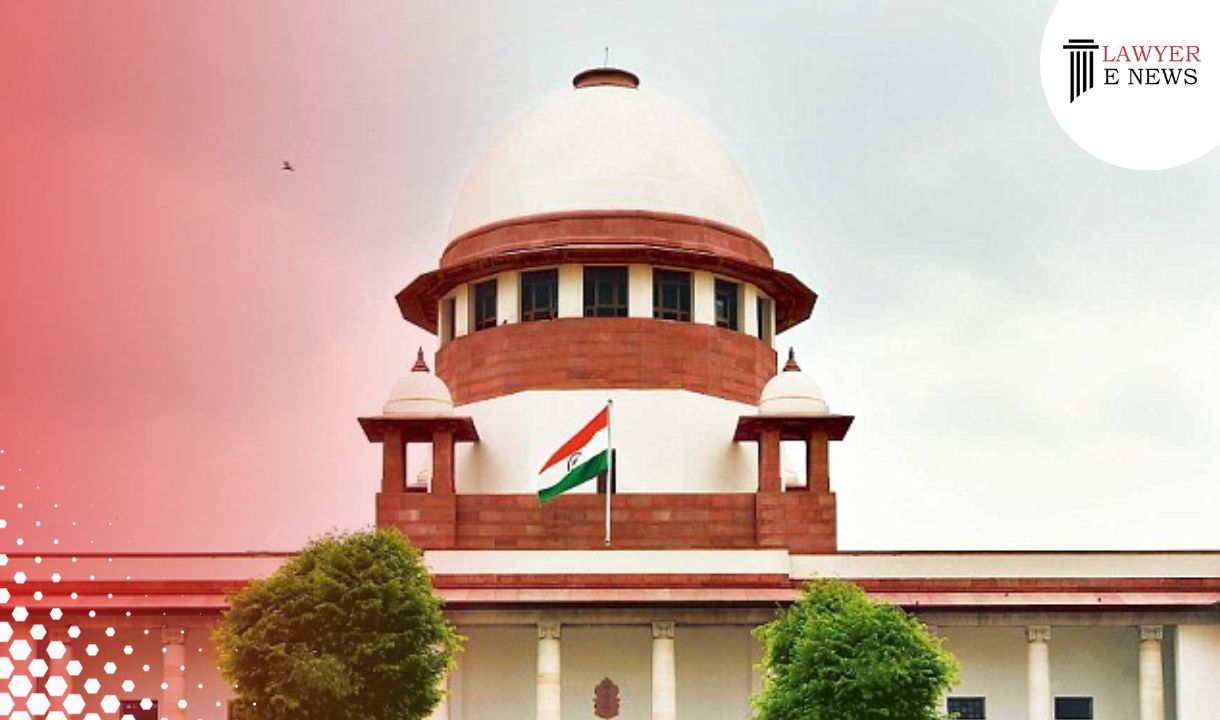-
by sayum
14 February 2026 2:22 PM



The Supreme Court of India, in a pivotal judgement, ruled that there was no conclusive evidence of fraudulent inducement or deception by the appellants in a case related to the alleged fraudulent acquisition of approvals from the All India Council for Technical Education (AICTE). The apex court reinstated the discharge of the appellants, emphasizing the lack of concrete evidence to establish charges of cheating and criminal conspiracy under Sections 420 and 120B of the Indian Penal Code (IPC).
The case involved appellants from the Sunshine Educational and Development Society who were accused of concealing mortgage information in their applications to AICTE for starting educational institutions. The Central Bureau of Investigation (CBI) had initiated proceedings against them. The legal journey commenced in the Magistrate’s Court and culminated in the Supreme Court.
On Deliberate Deception: The Court observed that the appellants’ initial application to AICTE transparently declared the mortgage, suggesting that AICTE granted approvals with knowledge of this encumbrance, thus countering the claim of deliberate deception.
Criminal Conspiracy Allegation: There was insufficient evidence to substantiate a criminal conspiracy. Despite discrepancies in the applications, they did not necessarily imply a coordinated effort to defraud.
Regarding Section 482 Cr.P.C.: The Supreme Court criticized the CBI’s choice to file under Section 482 Cr.P.C. after the 90-day period for a Section 397 Cr.P.C. revision had lapsed. This was viewed as a misuse of the High Court’s inherent powers.
Exercise of Inherent Powers and Statutory Limits: The judgement underscored that inherent powers should be exercised judiciously and not in contradiction to specific remedies provided in the legal code, indicating the High Court’s misapplication of Section 482.
Decision: The Supreme Court overturned the High Court’s decision and reinstated the discharge of the appellants. The Court concluded that without evidence of deliberate deception or harmful inducement to AICTE, the appellants could not be held for the alleged offence under Sections 420 and 120B IPC.
Date of Decision: 8th April 2024.
Vipin Sahni and Another vs. Central Bureau of Investigation,
